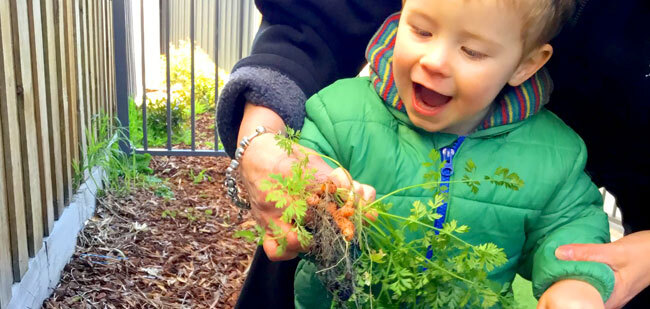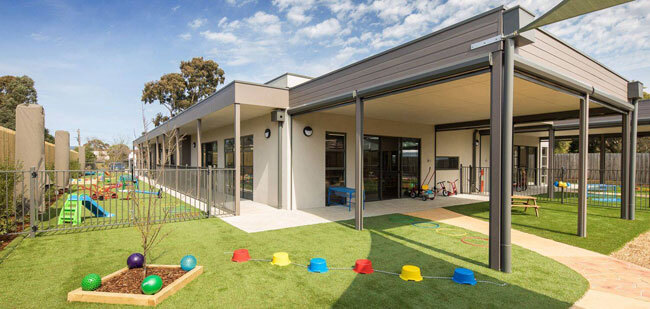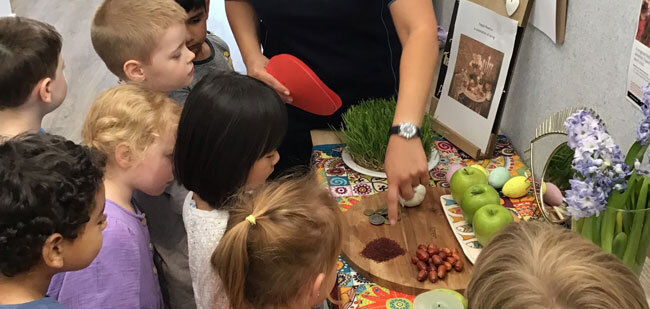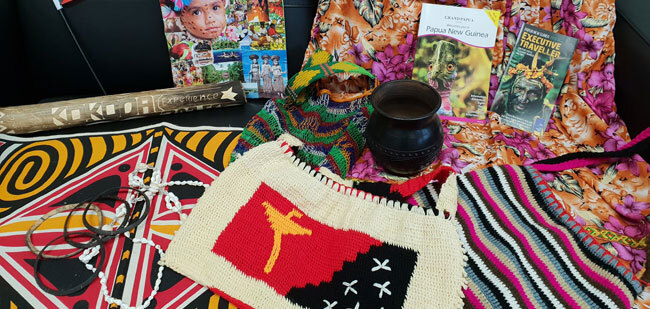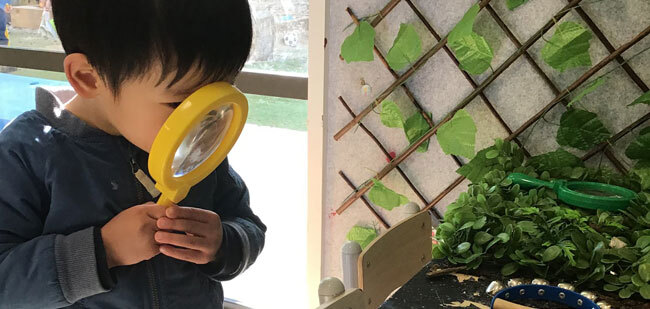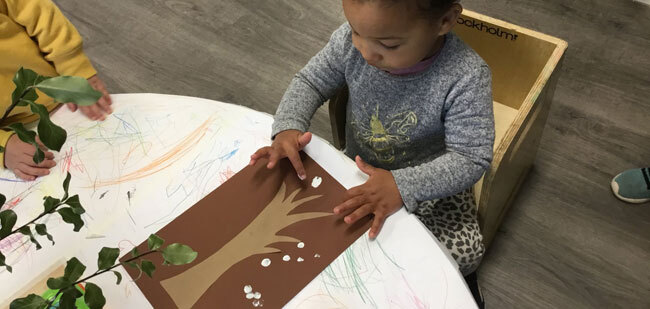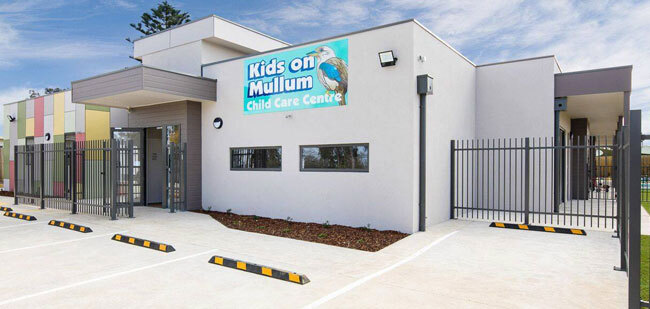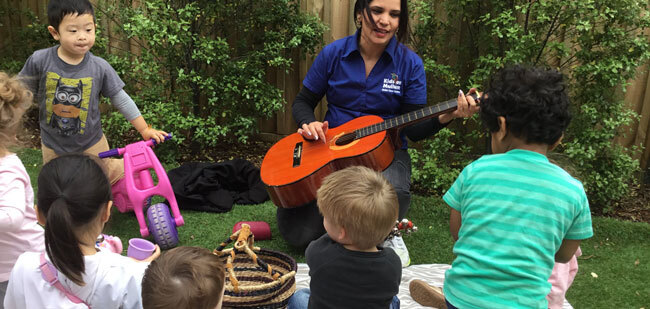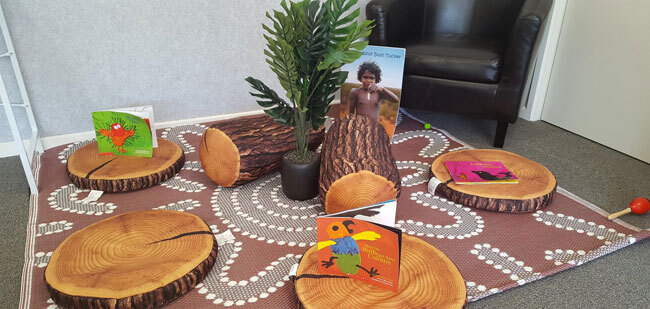Victorian Early Years Learning and Development Framework (VEYLDF)
What is the Victorian Early Years Learning and Development Framework?
A document which guides early childhood professionals in what children should experience and learn between the age of birth and eight years.
Outlines best practice advise to early childhood professionals on ways to support children and work together with families and other professionals, to support all children’s learning through the first eight years
What is it all about?
The framework aims to highlight the importance of:
- Play-based learning.
- Professionals talking to each other.
- Recognising that all children learn in different ways and at different rates and times.
- That families are their child’s first teacher. Families understand their children better than anyone else.
Why is there an Early Years Learning and Development Framework?
Research tells us:
- The first eight years of a child’s life is when they do their most important learning.
- This time should be full of play and opportunities to explore the world around them.
- From birth, learning and development at each stage of life forms the building blocks for the next.
What does the Framework say about learning?
The Framework identifies five learning outcomes for all children from birth to eight years: Identity / Community / Wellbeing / Learning / Communication.
These outcomes have a broad view of the kind of knowledge and skills all children need for them to become confident and happy through their life.
How will Kids on Mullum Child Care Centre support my child's learning?
Early Childhood Professionals will:
- Discuss your child’s learning with you.
- Ask advise from other professionals if they are concerned about your child’s learning.
- Respect your family’s values, beliefs and decisions.
- Recognise that all children can learn, but some children require additional help to learn.
- Use the most effective teaching strategies to support your child to learn.
What can I do to support my child’s learning at home?
Families are the most important people in supporting children’s learning and development. You can support your child’s learning at home by:
- Reading to them.
- Playing singing and rhyming games.
- Encouraging their attempts at new things.
- Encouraging them to be involved in household activities.
- Encouraging them to talk and interact with others.
How else can I support my child’s learning?
There’s also a range of services you can access which have early childhood programs including:
- Local libraries
- Museums
- Local parks
- Maternal and child health services
- Playgroup
- Kindergarten and long day (centre-based) care
- Supporting organisations and specialist children’s services
If you have concerns about your child’s learning, you can talk to your early childhood educator or your maternal and child health nurse who can provide you with advice or a referral.
What can I do to support my child’s transition to school?
If your child is beginning primary school, work with your child’s educator to complete the Transition Learning and Development Statement. This helps Prep teachers to get to know you, your child and plan their learning.
For more information about the Victorian Early Year Learning and Development Framework, please visit: VEYLDF
Warning: mysql_fetch_array() expects parameter 1 to be resource, boolean given in /home/webccare/wfc1072/server/includes/pageFeatures/display_gallery.php on line 33


